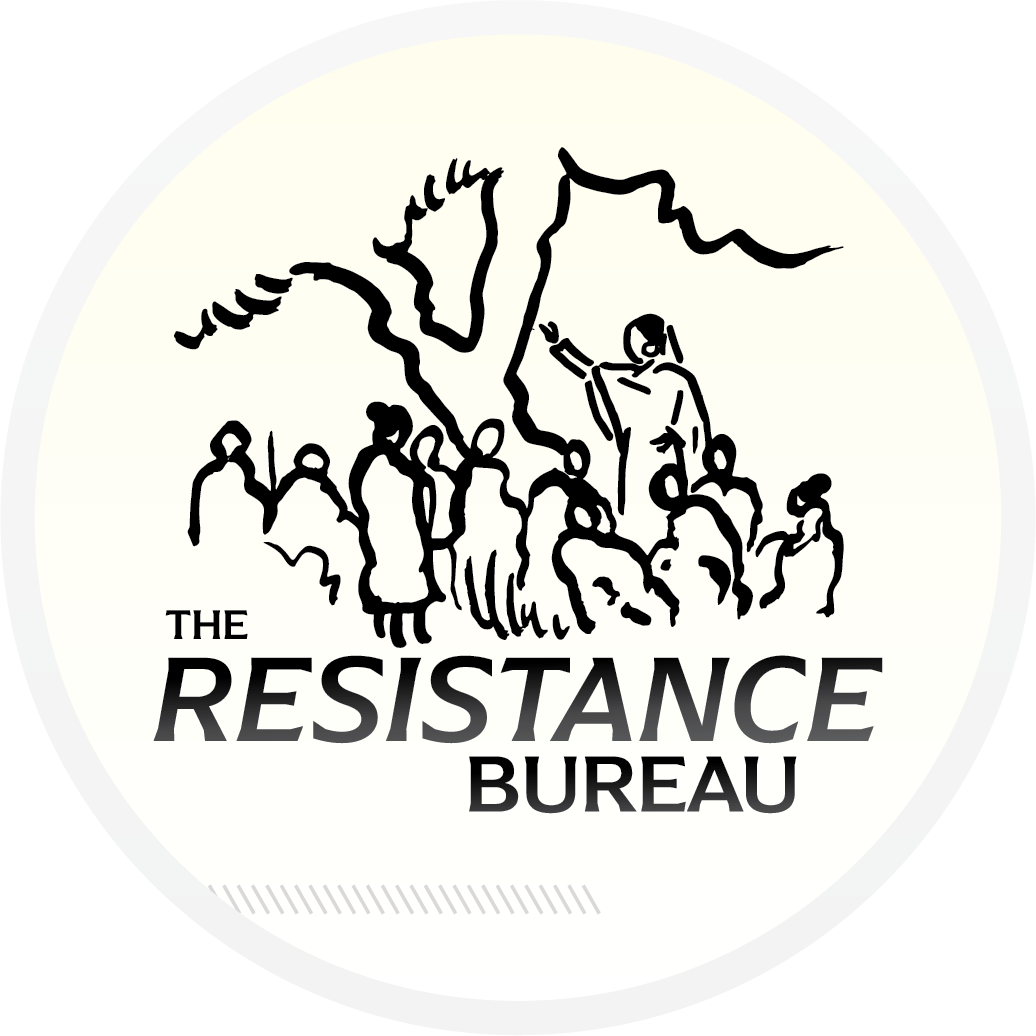Term Limits in Africa: Essential or Expendable?
In a growing number of countries across Africa, term limits have been removed, and they are actively under threat in many more, including in Benin, Senegal and Sierra Leone.
But while term limit evasions and their removal garner consistent headlines in Africa and beyond do they really matter for governance and development?
For citizens in countries such as Burundi, Cameroon, Chad, Togo, Uganda, and many more the removal of presidential term limits was a pivotal nail in the coffin for democracy. By creating “presidents for life," their removal -- often introduced in the early 1990s to ensure that power could not be consolidated under an individual -- slammed the door on the notion of peacefully changing a government through the ballot box. Instead, established autocrats and newly minted coup leaders have used their ability to remove term limits to assert their political dominance while utilizing repressive strategies to hold and manipulate sham elections.
Nevertheless, while countries where term limits have been respected are on average far more democratic and prosperous than their counterparts, some leaders –- and citizens – seem to believe that they are a hindrance at best, or a 'western imposition' at worse.
Supporters of the Rwandan president Paul Kagame, for example -- who is running for a fifth presidential term in 2024 -- argue that forcing a change of leadership will undermine continuity and encourage short-term thinking at the expense of long-term development. And after all, why should African countries limit how long a leader can stay in office when this is not the norm in the United Kingdom or Germany?
This show will ask whether term limits are expendable or essential for political and economic growth in Africa. In doing so, we'll bring together a brilliant panel of activists, researchers, and journalists who are experts on the issue. We will interrogate how leaders try and successfully remove term limits and whether the lifting of such restrictions leads to more effective governance, or just more oppression and corruption.
Meet our speakers
Borso Tall
Borso Tall is a Senegalese freelance journalist who extensively covered the grassroots efforts that ultimately prevented President Macky Sall from seeking an unconstitutional third term. She has published in a wide range of global media outlets, including the Washington Post, BBC, and World Politics Review. She is a 2021 International Women's Media Foundation Fellow and was previously a Chevening Scholar.
Boniface Dulani
Boniface Dulani is a leading scholar and the director of surveys at Afrobarometer, a pan-African research network that conducts a range of public attitude surveys across the continent. From his home base of Malawi, Boniface leads the planning and management of all fieldwork activities for Afrobarometer. He also teaches at the University of Malawi and holds a doctorate in political science from Michigan State University.
Kakwenza Rukirabashaija
Kakwenza Rukirabashaija is a prominent Ugandan novelist who was been recognized many times for his hard-hitting work, including by English PEN and the Human Rights Foundation, who awarded him the 2023 Václav Havel International Prize for Creative Dissent. He is the author of several 'social protest books,' including The Greedy Barbarian, a satirical novel about corruption and dictatorship. Kakwenza remains a fierce critic of the dictatorship of Yoweri Museveni despite being imprisoned and tortured for speaking out.
Aisha Yesefu
Aisha Yesefu is a Nigerian activist, thought leader, and social justice advocate. She is co-founder of #BringBackOurGirls and has been prominently involved in the #EndSARS campaign against police brutality. In 2020, the was named among BBC's 100 Women and included in a list of the Top 100 Most Influential Africans by New African magazine. She is currently a Reagan Fascell Fellow at the National Endowment for Democracy.
Discussion
Joe Siegle
Dr. Joe Siegle is a scholar, policy analyst, and practitioner who leads the research and communications program at the Africa Center for Strategic Studies, a Washington, DC based forum founded in 1999 that works to strengthen the effectiveness and accountability to citizens of African institutions. His research focuses on strengthening democratic accountability and understanding the security and development implications of governance.
Nic Cheeseman
Nic Cheeseman is the Professor of Democracy and the Director of the Centre for Elections Democracy Accountability and Representation (CEDAR) at the University of Birmingham. As well as the author of Democracy in Africa and How to Rig an Election, he is the editor of Democracy in Africa, a columnist for Africa Today and the Mail&Guardian, a contributing editor to The Continent, and an election junkie.
Moderation
Mantate Mlotshwa
Mantate Mlotshwa is a passionate advocate for the meaningful contribution of women and youth to democracy and governance processes. The Founder of the creative brand U Motle, she has earned a reputation for speaking her mind and promoting positive messages of liberation and emancipation in Zimbabwe and beyond.
Jeffrey Smith
"Jeffrey Smith is an award-winning human rights campaigner, social media influencer, and a prolific writer. He is co-creator of The Resistance Bureau and also founding director of Vanguard Africa, a global nonprofit organization that partners with visionary African leaders to build campaigns for democracy and ethical leadership.








